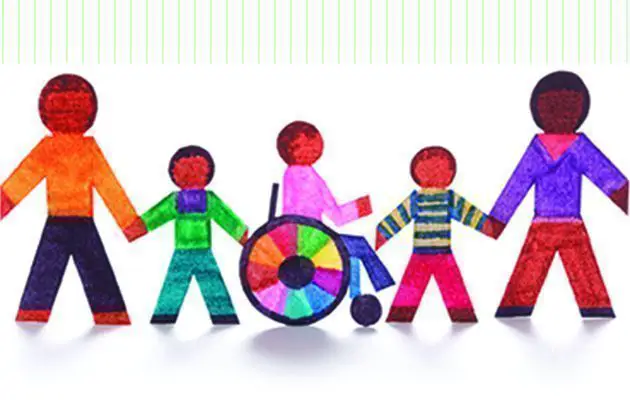One of the first—and most important—decisions you’ll have to make as the parent of a child with a learning disability or other special needs is what school your child will attend. Find answers to common questions that go into the decision making process.
Decisions, decisions. When you are the parent of a child with a learning disability or other special needs, it can seem like your (all important) decisions never cease. Just when you think you’ve got your bearings, you must get used to another new idea, situation, challenge—and you have to handle all of this while managing your own emotions. It’s not easy, and once your child is in elementary school, things can become even more confusing. Help is here! Read on for the latest advice from noted special education experts.
I had a handle on preschool life, but the idea of elementary school is overwhelming me. What’s the most important thing to keep in mind?
What are the main differences in how public schools and private schools support kids with learning disabilities?
When I’m visiting a potential school, what are key questions to ask?
- What percentage of your students currently receive support?
- What are the demographics of that population? (This will tell you what the range of needs are—how often they work with children who have similar needs to your child’s.)
- What specific programs do you have in place for children with learning and attention issues?
- How and when are the supports delivered, and by whom? What level of training do those people have?
- What have the outcomes been for children with profiles similar to my child (such as graduation rate, college or trade school attendance, employment)?
What are warning signs that my child is not getting what he needs from a school?
Things just aren’t working out as I’d hoped with the school we chose. What should I think about when weighing whether it’s worth it to transfer my child?
It is always best to try to make things work out where you are, particularly if your child likes the school and has friends. Many children who struggle in school didn’t always struggle. As schoolwork becomes more demanding, and formal and more difficult standards need to be met, children who previously did fine may have trouble keeping up. The first thing to do is meet with school personnel and get a clear sense of what they are seeing in your child. It is likely that they have seen other children who have struggled in similar ways and will have suggestions as to what to do.If your child has not yet been formally assessed by an outside (unaffiliated with the school) professional, it may be brought up now. This is called an IEE, an Independent Educational Evaluation. Even if your child has already been identified as having learning disabilities, it may be useful to redo the testing to figure out what’s going on now. Meet with the school and discuss the results. You are now in a much better position to take stock of the school’s capability and desire to support your child. Your child will probably receive additional support for a finite period of time before changing schools is seriously considered. If that additional support works, great! If your child continues to fall behind despite everyone’s efforts, though, it might be time to consider another school. The good news is that when you look for a new school, this time you certainly have a solid picture of your child’s needs, as well as testing to back that up. You want to change schools as infrequently as possible, so the goal is to be as sure as you can that the new school will be a fit for the long haul.





















